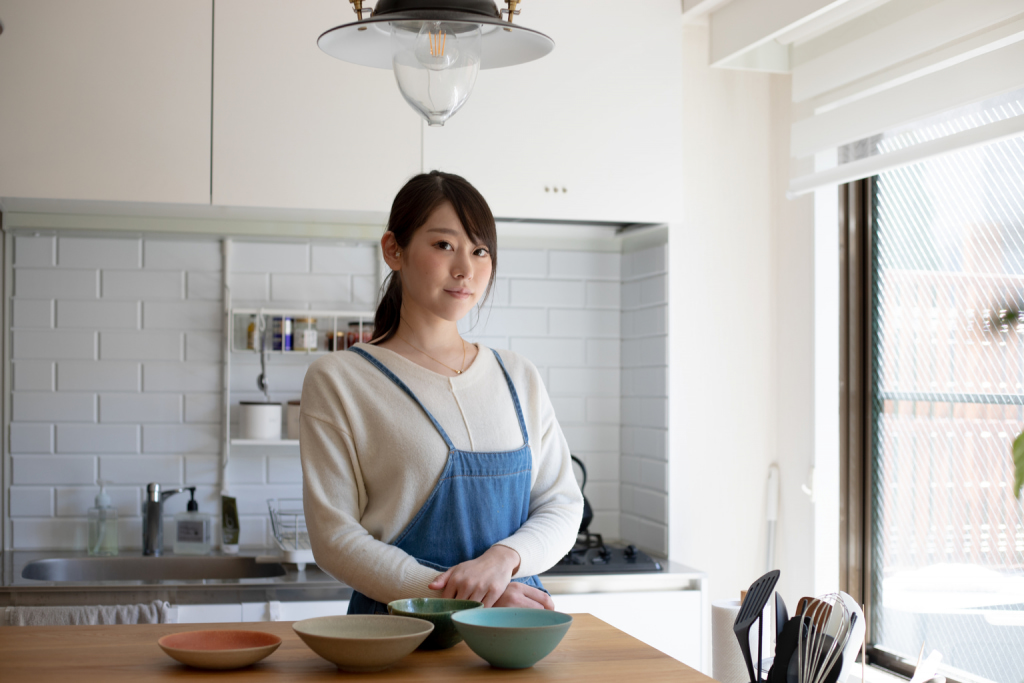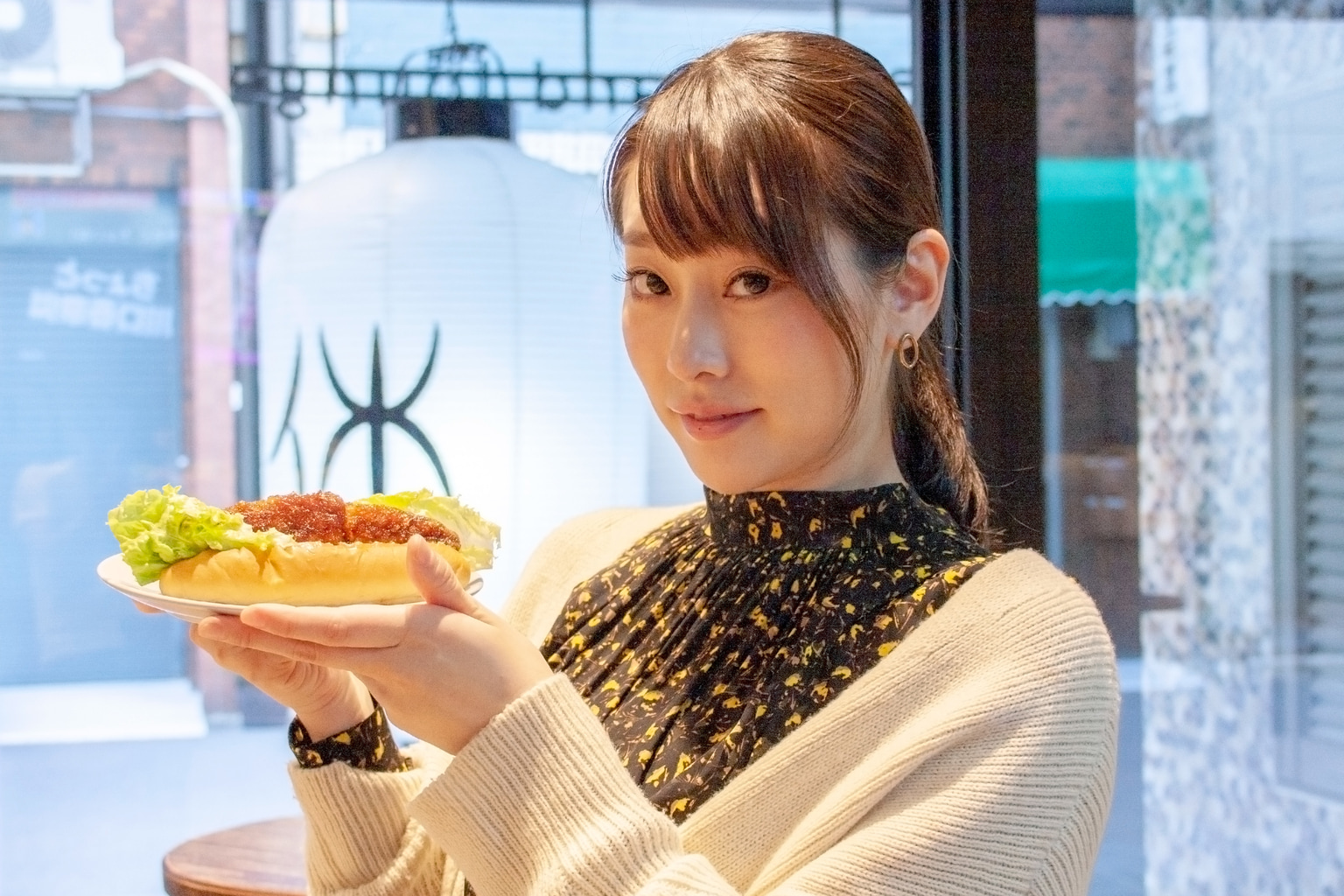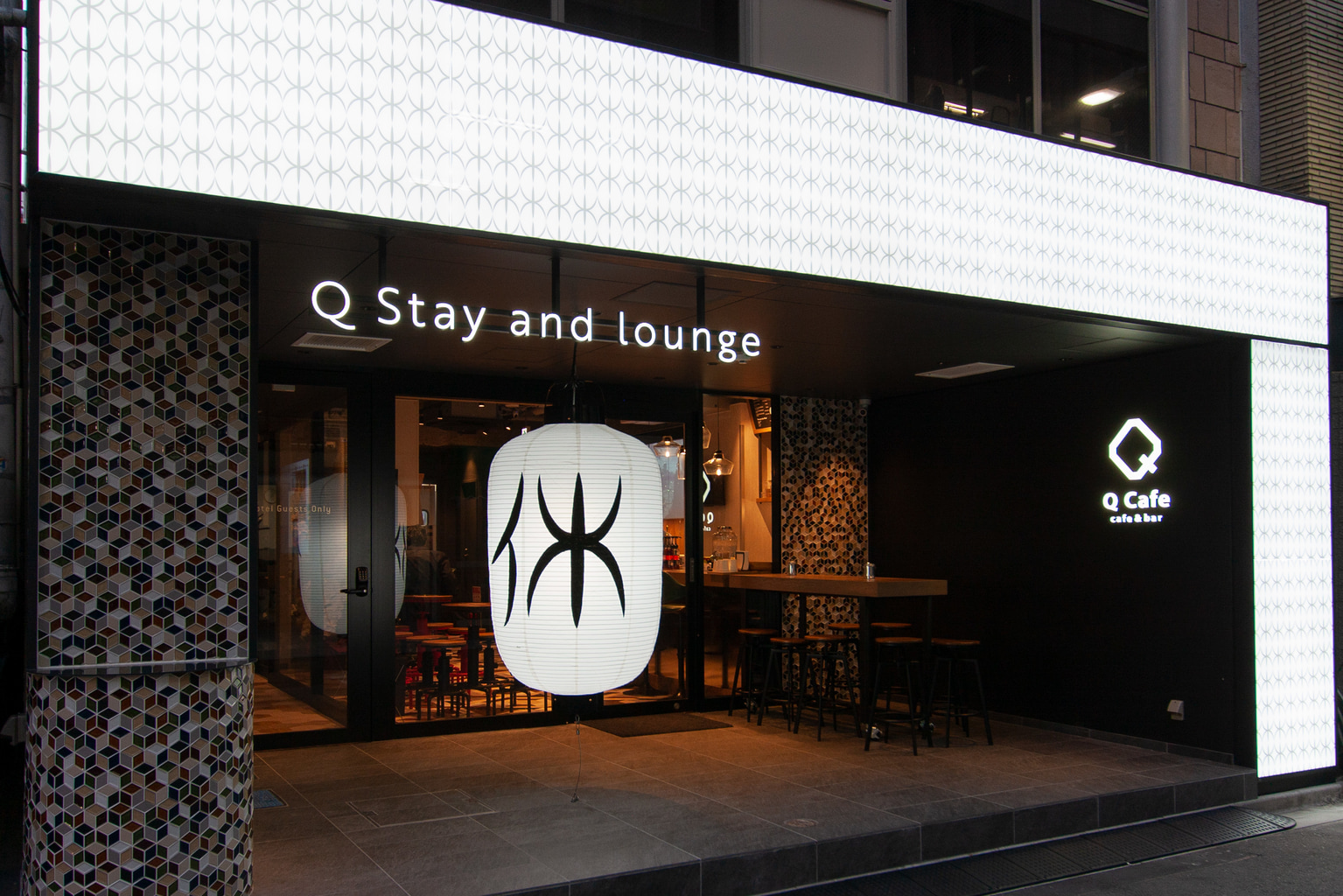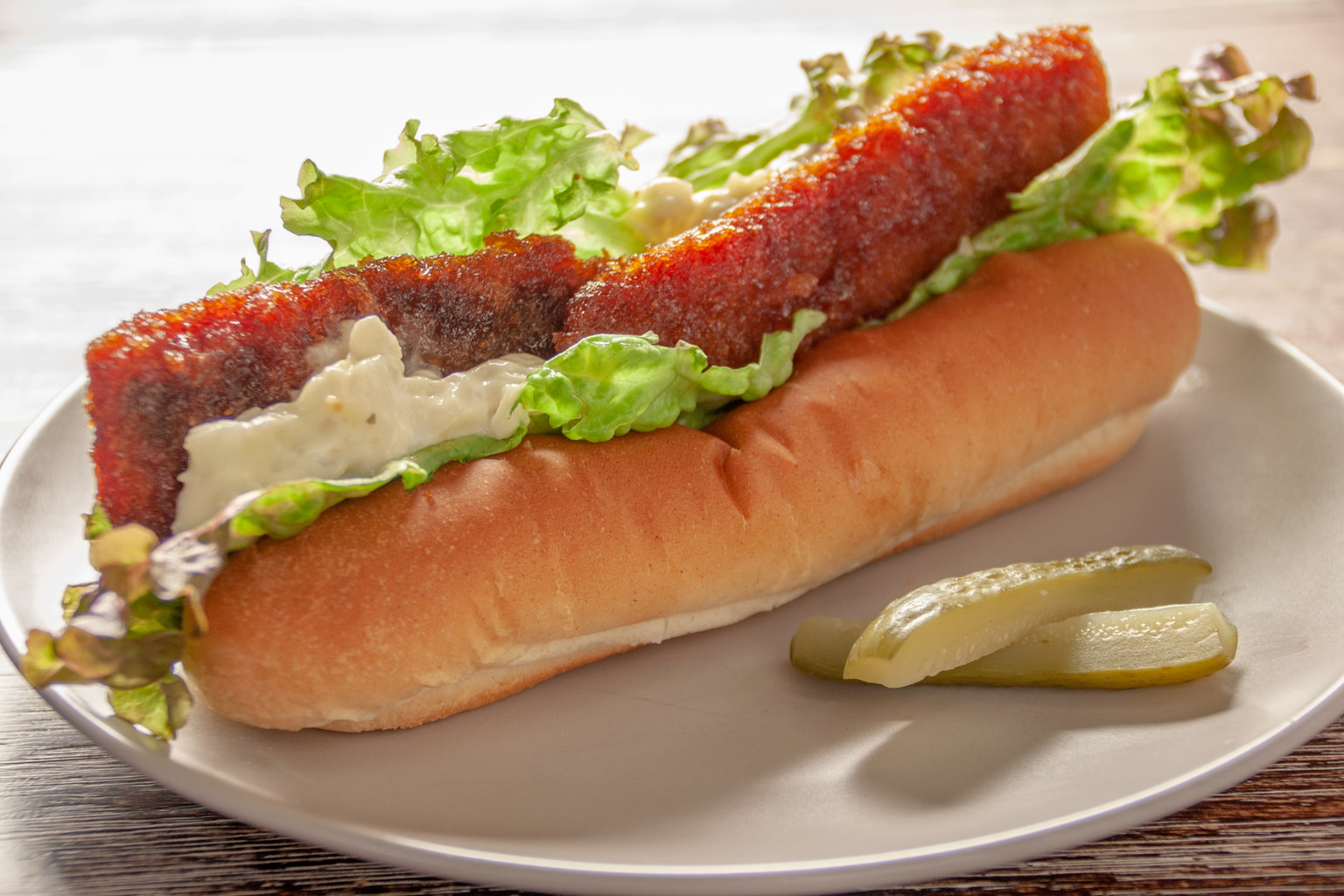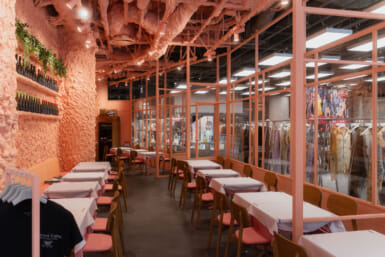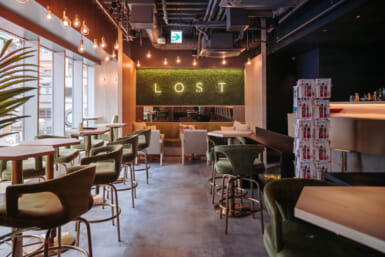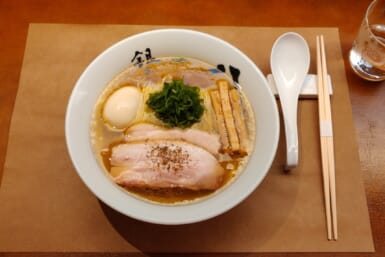“I’ve long had a strong interest in food, but I never envisaged I would one day have a career like this,” says Lina Kawase. “I studied psychology, moved to Tokyo after graduating and then worked without any real goal. While flying back to my hometown for the first anniversary of my father’s death I suddenly decided that I wanted to do something related to food. That was it. There was no story behind it or anything, just a spark that came to me when I was on the plane.”
Fast forward nearly a decade and Kawase can now rightfully call herself a culinary expert. In addition to developing recipes and products, she also works as a consultant, plans meals, supports “sixth sector industrialization” agricultural items, writes cookbooks, produces instructional videos and sometimes appears on TV shows and radio programs.
Her latest venture is with Q Stay and lounge Ueno, a new type of hostel in central Tokyo that is described as “a space where people and cultures can come together, connect and comingle.” Located on the first floor of the five-story hostel is the trendy Q Cafe where we sat down for a chat with Kawase – however, not before sampling her delightful tare-battered fish katsu sandwich with tartar sauce.
What happened after that plane ride?
I enrolled at a culinary school in Tokyo and then worked at various companies helping to create menus and that kind of thing before going independent four years ago. I’m still involved in similar kinds of work; the difference is I now have more freedom to do projects I want to do. Things change from one day to the next. I could be developing a new product, working on a recipe book, writing an article to introduce a restaurant or filming a commercial.
You’ve also been on several TV shows. Is that something you enjoy?
Yes! Usually when I’m invited on to a program it’s to talk about specialty topics such as food science. Occasionally, I get to appear on variety shows, which are lots of fun. What I enjoy most are ones where I get to visit small shops under train tracks. Walking around a neighborhood like Meguro while having a few drinks and chatting doesn’t really feel like work. [Laughs]
How do you find ideas for your food creations and menus?
When starting from scratch, there’s a lot of trial and error. At home, I experiment while using social media as a testing ground. When it comes to making menus for companies, it’s a partnership. I find out what they want to achieve and work backwards. It’s then important to develop a content marketing strategy.
What mistakes do companies make with menus and content marketing?
There’s sometimes a lack of research into who they should be targeting. You need to know exactly what kind of customers you are aiming at, otherwise even if you have something great to sell it won’t reach the intended market. Also, consumers are looking for added value. It’s about more than simply preparing something that tastes good. If you want them to return, you need to go above and beyond.
“I believe I can help them by acting like a bridge between the producer and the customer”
Can you tell us about your work in regards to the “sixth-sector industrialization” in agriculture?
In Japan, you have many regional farmers producing high quality meat, fish and vegetables. The problem is most of them don’t know about branding or marketing. There’s no way for these people to connect with consumers. I believe I can help them by acting like a bridge between the producer and the customer. My goal is to support farmers.
How did the collaboration with Q Stay and lounge come about?
The COO Naoki Maki saw my stuff on social media and asked if I’d be interested in working with the hostel. After visiting, I was really impressed. I particularly like the communication tool they have in the café where people can speak to each other in different languages. [Kawase is referring to the Kotozna Group Chat app: a real-time multilingual translation application that supports over 100 languages.]
Why did you opt for the tare-battered fish katsu sandwich?
I chose iwashi (sardine) as the main ingredient because it’s a sixth sector agricultural product. It was a good way to connect with my other work. Using iwashi katsu as a base, I then had to look at the space and equipment available to me and build the item from there. There were a number of limitations, but it’s good to experience cooking in different environments.
What about your own personal tastes?
I eat out a lot because of work so when I’m at home I tend to go for light dishes such as pickled vegetables, miso soup and rice. It’s important to give my body a bit of rest. When it comes to restaurants, I like to try all kinds of places. I love Korean, Mexican and now I’m interested in Turkish cuisine. More than anything, though, I tend to go for washoku. I especially love sushi.
Do you have a favorite sushi place?
There are so many high-quality sushi restaurants in Tokyo. If I were to pick one, it would be Daikoku Zushi near Araiyakushi-Mae station. It’s a family-run place with real personality and some amazing sushi.
What are your future goals?
I’m especially passionate about initiatives related to sixth sector industrialization. Beyond that, around the age of 50 I would like to run a snack bar in Tokyo. I visited one in Akita with a home-like atmosphere. It would be nice to create something like that here.
Find Kawase on Instagram at @linasuke.gourmet
Find out more about Q Stay and lounge at q-stay.jp/en/
Top portrait photograph by Ryoko Ogawa

